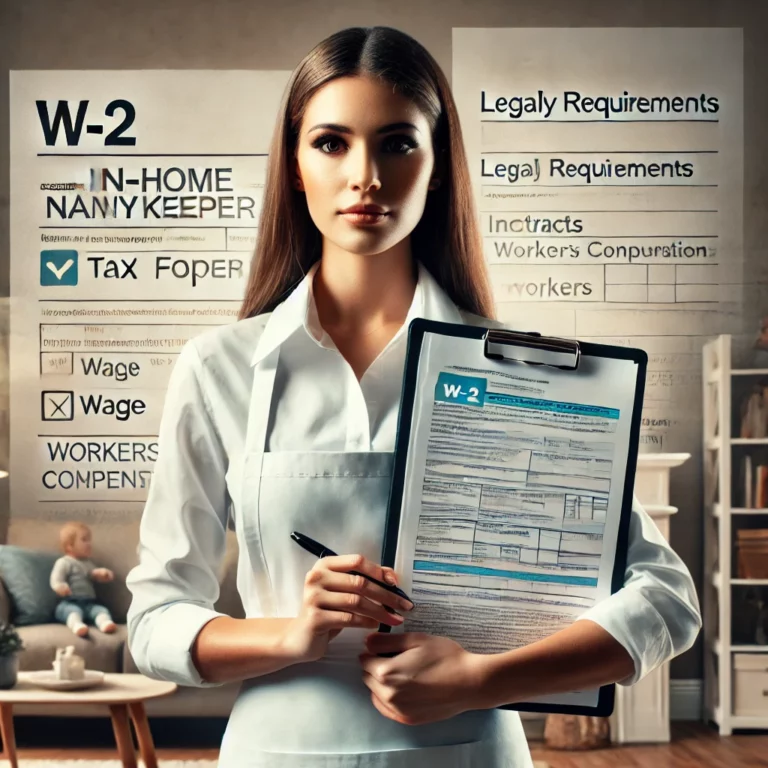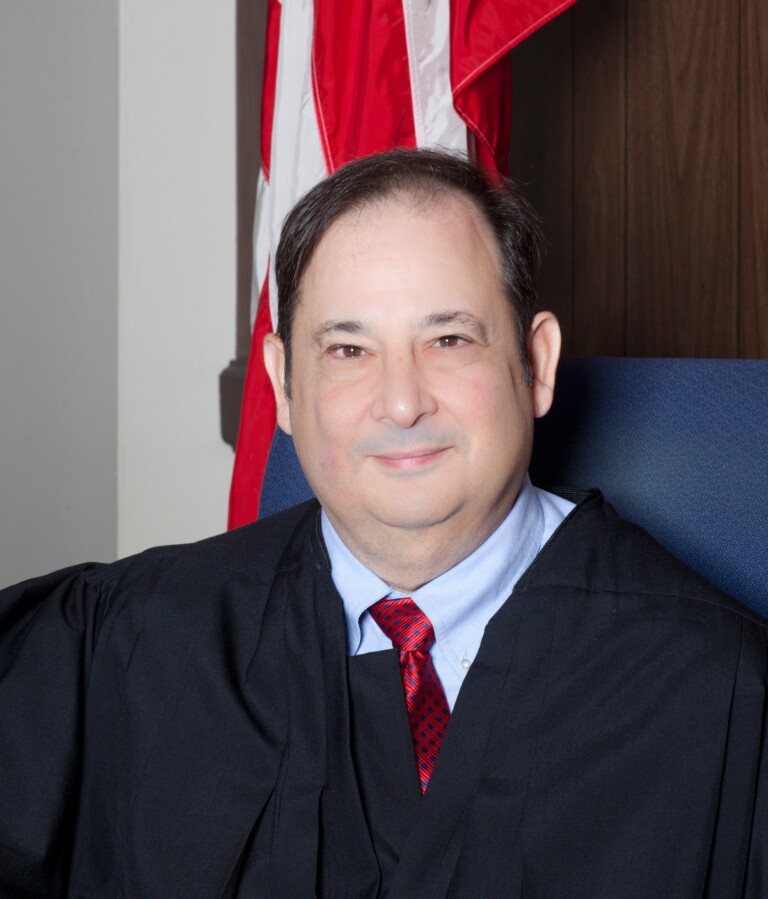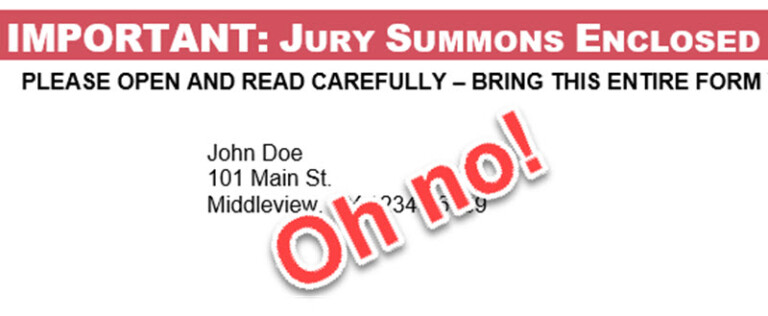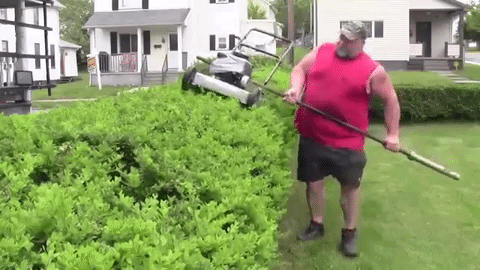Holding Court: Other Courts Involving Rye & Its Residents
Holding Court is a new series by retired Rye City Court Judge Joe Latwin. Latwin retired from the court in December 2022 after thirteen years of service to the City.
This week, Latwin explains other courts involving Rye and its residents.
By Joe Latwin
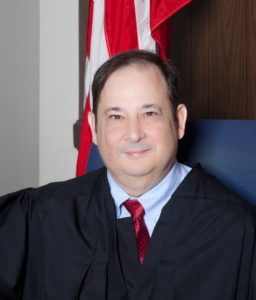
Other courts may deal with cases involving Rye or its people:
Federal Court
The U.S. District Court for the Southern District of New York hears federal criminal cases arising in the district that includes, New York, Bronx, Westchester, Rockland, Putnam, Dutchess, Orange, and Sullivan Counties. It also hears civil cases involving a federal question or where there is diversity of State citizenship among the parties and the amount in controversy exceeds $75,000. The federal court also has exclusive jurisdiction over bankruptcy cases, patent infringements, federal tax cases, and Admiralty cases. Appeals from SDNY go to the U.S. Court of Appeals for the Second Circuit, and from there to the U.S. Supreme Court.
N.Y. State Supreme Court
The Supreme Court (despite its name) is not the State’s highest court but rather the Court of original general jurisdiction. It is a single court of statewide jurisdiction with a branch in each county. It can hear all cases except those assigned to other specific courts (see below). Appeals from Supreme Court for Westchester go to the Appellate Division of the Supreme Court, Second Department, and from there to the New York Court of Appeals.
Court of Claims
This court hears claims by or against the State, mostly in negligence, violation of prisoner rights, and breach of State contracts.
Westchester County Surrogate’s Court
This court hears cases involving the affairs of deceased people, probate of wills, and handling of trusts and estates, adoption cases, and the appointment of guardians.
Westchester County Family Court
This court hears cases involving family matters including child and spousal support, custody, juvenile delinquent cases, neglect, adoption, guardianship, and paternity proceedings. It does not hear divorce, annulment or separation cases – those must go to Supreme Court.
Westchester County Court
This court hears mostly criminal felony cases involving crimes in Westchester County.
This Mélange of Courts
This mélange of courts can create challenges. If person is involved in a car accident with another driver from New York who dies in the accident, and claims the accident was caused, in part, by the State’s bad design or maintenance of the State road, and in part by a manufacturers defect in one of the cars, it is possible the car manufacturer must be sued in federal court, the claim against the State tried in the Court of Claims, and the claim against the estate of the deceased other driver in Surrogate’s Court!
Or take the case of a spouse that is assaulted by the other spouse (that case goes to the local criminal court), seeks a divorce (that goes to Supreme Court), seeks child support and custody before a divorce action is filed (that goes to Family Court). Three courts, three different judges, three possibly conflicting results. Consider the costs of separate attorneys, the possibility of being required to be in different courts at the same time, added travel and child care expenses and you have a messy situation, plus each judge from each court would have to become familiar with the entire scenario.
A few years ago, the then Chief Justice proposed consolidating the State courts into just two courts – a Supreme Court and Municipal Courts. Within the Supreme Court, specialized parts would be created to handle the specialized cases, and the court could have related cases consolidated to appear before a single judge. That proposal, although widely supported by good government groups, ran into parochial opposition from certain judges and attorneys, and failed to proceed.

